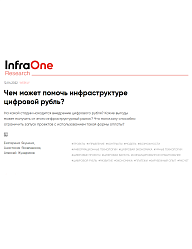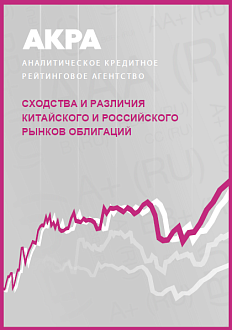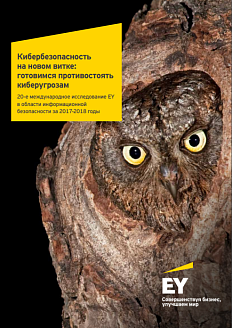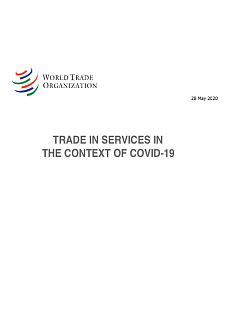In this publication, InfraOne Research studies the introduction of digital currencies globally, and in Russia in particular, with an emphasis on benefits this will bring to infrastructure market.
The Roscongress Foundation presents the salient points of the publication accompanied by fragments of broadcasts of relevant panel discussions from the business programme of international events held by the Roscongress Foundation.
Many countries, Russia included, are exploring the possibility of introducing a digital currency.
Many countries started to explore the possibility of introducing a digital currency even before the pandemic. While in May 2020, 35 countries showed interest in this technology, a year later the number increased to 80, more than twofold. According to InfraOne Research estimates, by April 2022 the number of such countries was close to 100. Several Caribbean countries have already introduced the technology. Among major economies, China has made the greatest progress. Having launched the project as early as in 2014, China was already testing its digital currency in 12 cities and districts at the beginning of 2022, mostly in retail and payment for services. In Europe, Sweden was one of the first to take an interest in digital currencies.
Russia, in its turn, has been studying the possibility of introducing the digital ruble since 2020. This February, 12 major banks were selected for testing the platform. It’s planned that legislation for the digital ruble will be prepared during the year. The second stage of testing, comprising operations related to payments for goods and services and government payments, as well as smart contracts testing, is scheduled for autumn. InfraOne Research analysts emphasize that sanctions will only accelerate the introduction of the technology as external restrictions have no effect on digital and cryptocurrencies. They also stress the fact that the test group includes banks that work with infrastructure, as this will facilitate the introduction of the digital currency in industry-related projects.
Digital ruble has a lot of advantages.
Although in the short-term the introduction of a digital currency might lead to an outflow of liquidity from the banking sector and a temporary rise in loan rates, in the medium and long term, this technology will bring numerous benefits which will outweigh the negative effects. Some of the advantages of the digital ruble named by the authors of the publication are lower transaction costs, higher payment speed, greater security, possibility to detect misuse of budget funds, and automated transfer of funds. Therefore, this technology will support and strengthen financial stability through creating a supplementary payment infrastructure and through greater reliability and fail-safety of this system. Also, the digital ruble makes it possible to create more complex solutions which will help optimize the payment process. It can also be a basis for other innovative services, including those in banking.
Blockchain can help implement infrastructure projects with digital currencies.
The authors of the publication point out that infrastructure projects with digital currencies in government contracts and project financing aren’t to be expected before 2024-2025 due to the long processes of testing the technology and adapting the legislation. Further, InfraOne Research experts state that such projects will probably be launched at the federal level, or possibly in regions with a well-developed IT infrastructure and strong finance industry and construction sector. Blockchain technology, by itself or in conjunction with a digital currency, can potentially help implement infrastructure projects and attract funding for them. Although blockchain has so far been used for separate sectoral tasks, some foreign experts say this technology can be a basis for national digital currencies. Using blockchain in infrastructure projects has several advantages. According to the authors of the publication, this technology can save time and money when paying debt obligations and give smaller institutional investors access to the infrastructure market. Blockchain can also significantly improve the system of contract management, mainly for government contracts in infrastructure, due to transparency of the process of making contracts and the possibility to create a single source of data about ongoing agreements.
Gain more insights about technological development and banking technologies in the Digitalization, Blockchain, and Banking sections of the Roscongress Information and Analytical System.






